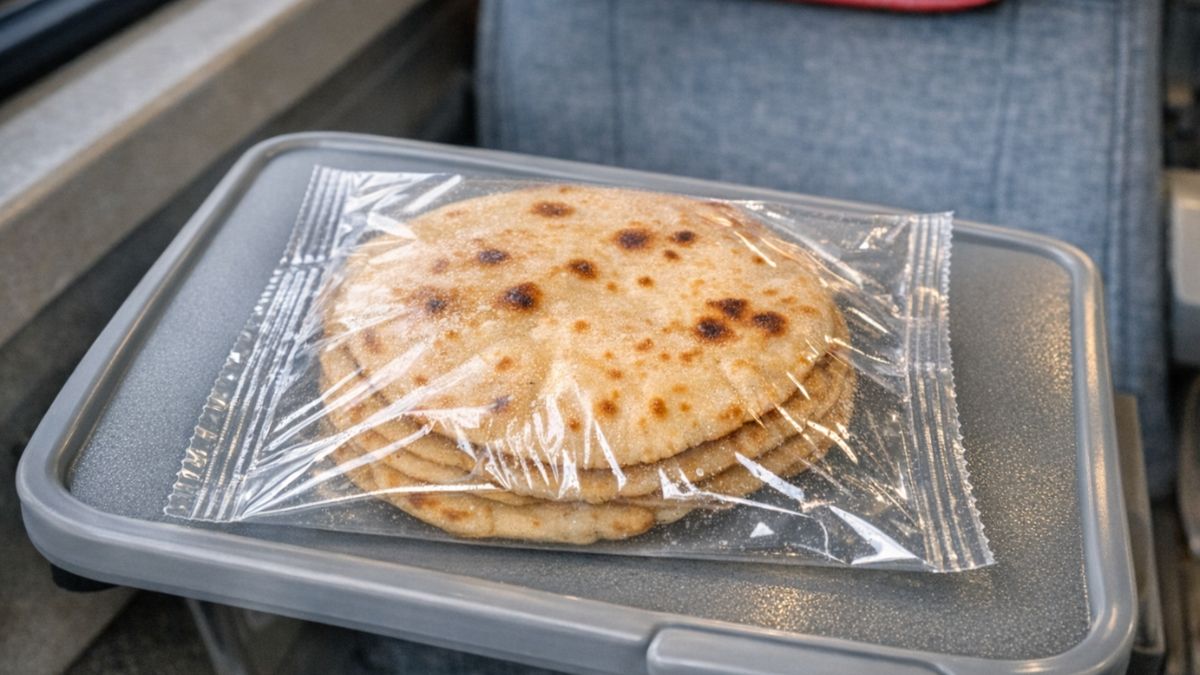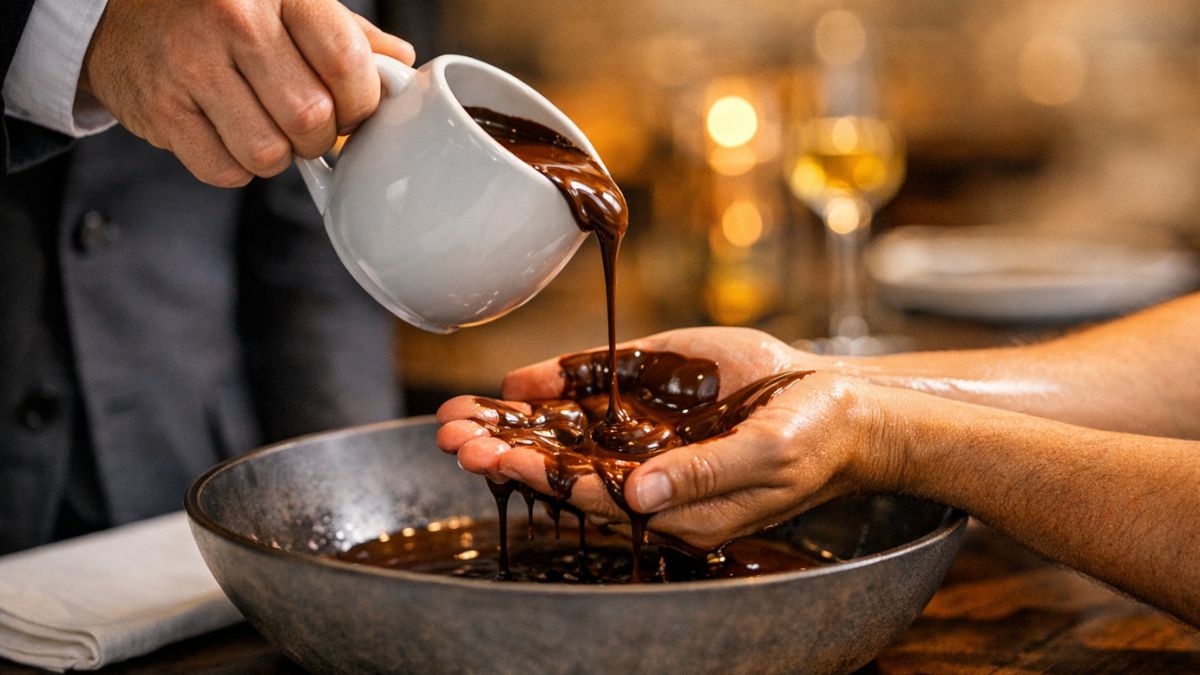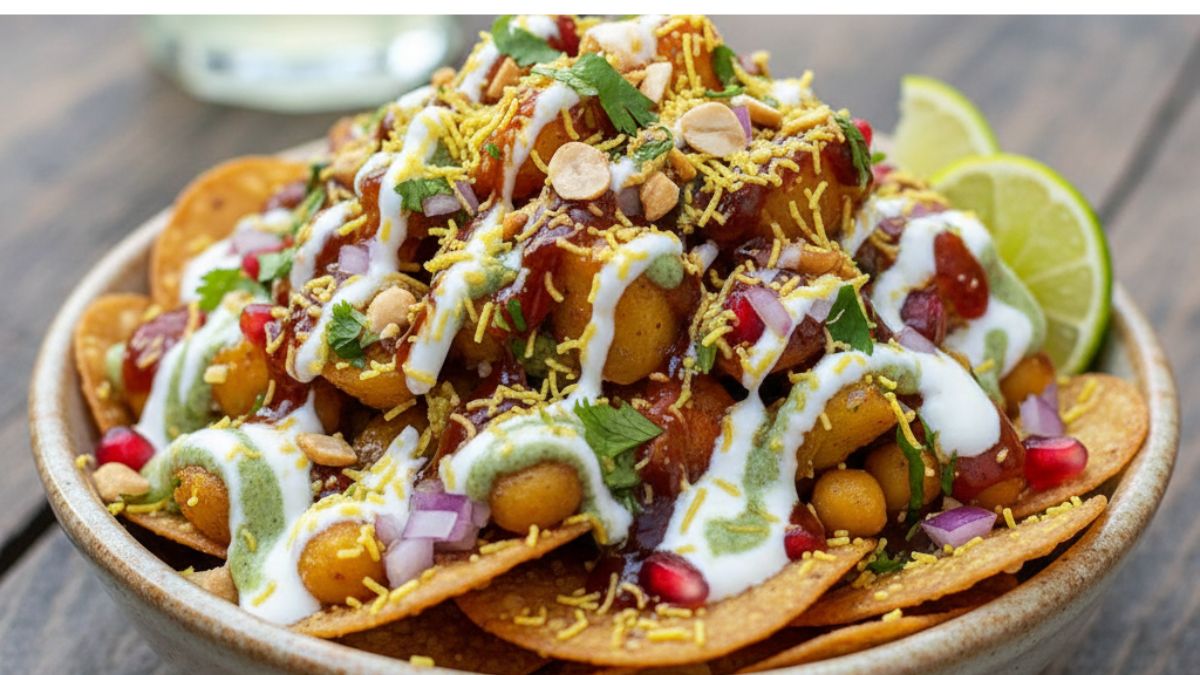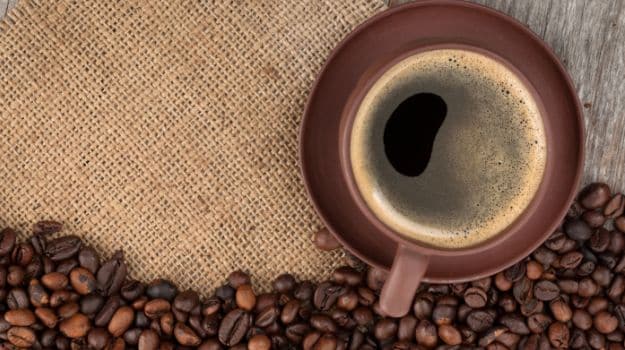Food safety regulator FSSAI has decided to review caffeine standards in caffeinated and energy drinks and is looking for an agency to study the consumption pattern in the country. Caffeinated and energy drinks are non-alcoholic beverages containing caffeine, guarana, glucuronolactone, taurine, ginseng, inositol, carnitinea, B-vitamins among others as main ingredients that act as stimulants.(Caffeine Compared: From Coke and Coffee to Aspirin and Chocolate)"Consumption of caffeinated and energy drinks in India has shown an upward trend during the past decade. The FSSAI intends to review the caffeine standards after a detailed study on the consumption pattern of these drinks among the young people in the country," a senior FSSAI official said. Further, he added that "the Food and Safety Standards Association of India (FSSAI) will review the intake of caffeine and other ingredients in these drinks after conducting a detailed study". Finally, "the FSSAI has invited expressions of interest (EoI) for appointment of a suitable agency to conduct the study on the consumption pattern of caffeinated and energy drinks in India", he concluded.
The EoIs need to be submitted along with technical and financial bids by July 30. The bids will be valid for three months from the date of submission. The successful bidder, to be selected by August 25, is required to complete the proposed study and submit the report by November 30, this year, the official added.(Caffeine Energy Drinks Can Affect Heart, Warn Scientists)As per the draft standards notified by FSSAI, caffeinated beverages are classified as water-based non-alcoholic flavoured drinks and should contain not less than 145 mg per litre and not more than 320 mg per litre total caffeine from whatever sources it may be derived in the formulation of the product. The FSSAI lays down science-based standards for food items and regulates their manufacturing, storage, distribution, sale and import to ensure the availability of safe food for human consumption.
The EoIs need to be submitted along with technical and financial bids by July 30. The bids will be valid for three months from the date of submission. The successful bidder, to be selected by August 25, is required to complete the proposed study and submit the report by November 30, this year, the official added.(Caffeine Energy Drinks Can Affect Heart, Warn Scientists)As per the draft standards notified by FSSAI, caffeinated beverages are classified as water-based non-alcoholic flavoured drinks and should contain not less than 145 mg per litre and not more than 320 mg per litre total caffeine from whatever sources it may be derived in the formulation of the product. The FSSAI lays down science-based standards for food items and regulates their manufacturing, storage, distribution, sale and import to ensure the availability of safe food for human consumption.
Advertisement














